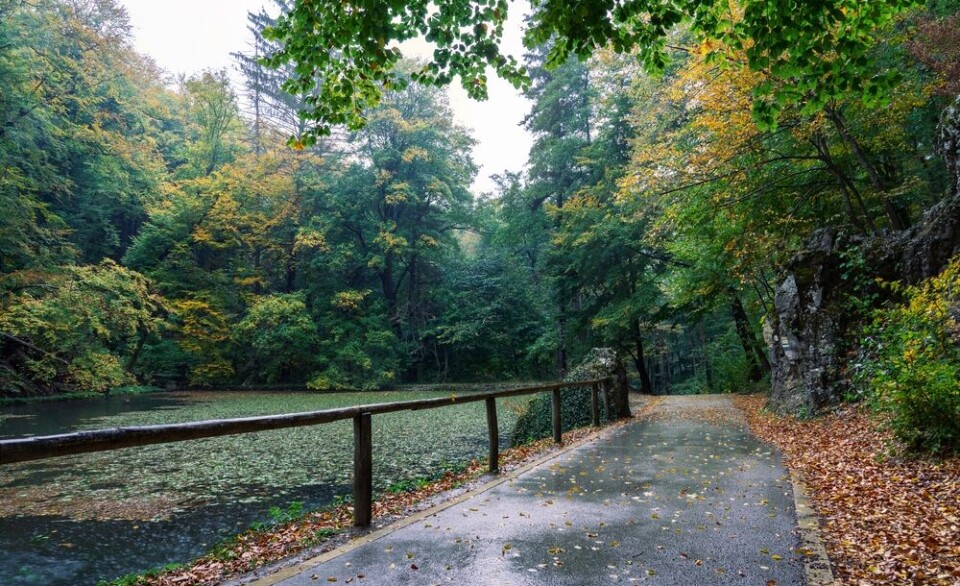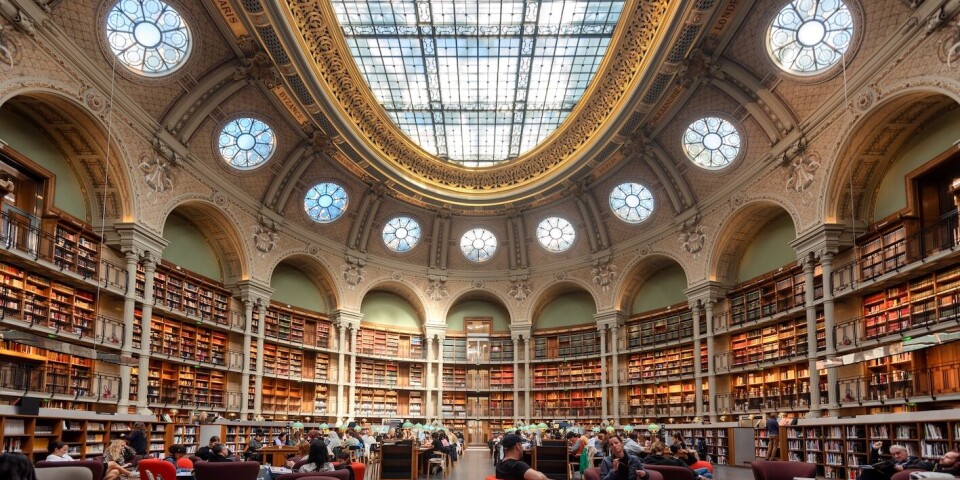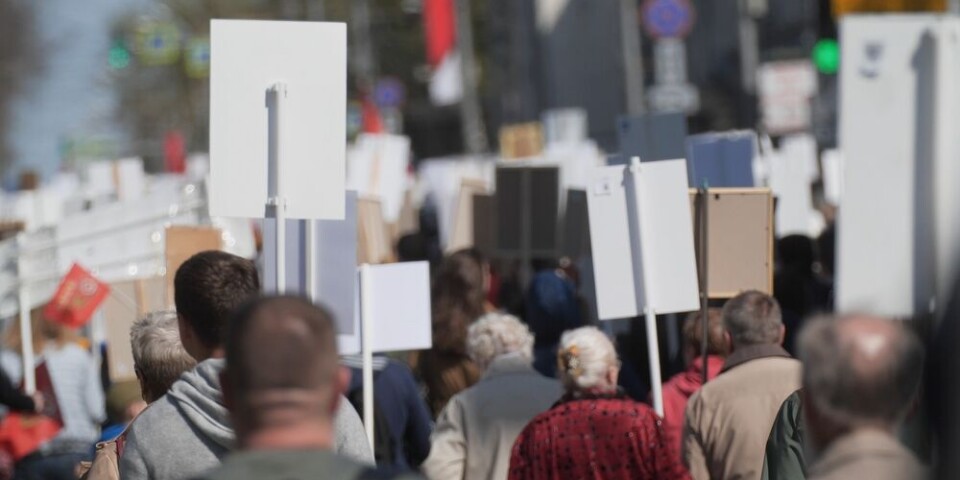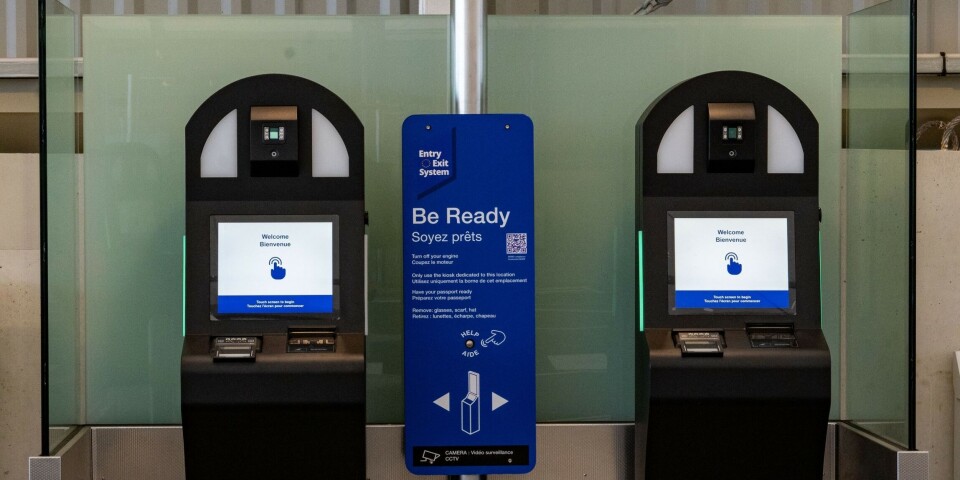-
Bread, bacon and beans: British food habits on trial in France
Columnist Samantha David carefully navigates a discussion with a taxi driver on a delicate subject: the French breakfast
-
France's new foreign income rules are making our lives complicated
Readers outline their struggles in getting French nationality
-
France's DPE energy rules may leave beautiful older homes worthless
Connexion reader's 500-year old home was rated F
South West France boosted by newcomers
The Ancrage Association seeks to document the histories of migrants – including the British – to South West France. Brian McCulloch listens to a talk by its founder Joël Combres (pictured below)

South West France’s recent history as a land of welcome to migrants has accommodated waves of Italian and Spanish workers and refugees. And, of course, lots of British people.
At least 35,000 Italians were encouraged by French governments to move to the region after the First World War to restore production to abandoned farms where the men had been killed or had left the land. It was only following another wave of migration after the Second World War that the government stopped actively seeking immigrants from Italy.
“There is no doubt that they played an essential role in keeping agriculture viable,” said Joël Combres, founder of the ‘Ancrage en Partage’ association, which seeks to document the histories of the migrants. In the mid to late 1930s, Italian migrants were joined by an influx of refugees from the civil war in Spain.
They were viewed differently by the authorities and, unless they were lucky, were likely to land up for months in concentration camps built on beaches in the Perpignan region, until the authorities checked there were no dangerous radicals.
Bordeaux comic strip author Marion Duclos published a book based on the experiences of Spanish refugees.
“Many of them settled in the Bordeaux region and I remember hearing the stories as I had friends whose families had originated in Spain and moved to France in that period,” she said. “My friend’s family were lucky as they knew people who had already arrived and settled and so they were able to avoid the camps.”
Mr Combres said Italian and Spanish communities, both working mainly in agriculture and building, lived apart from their French neighbours, and it took a generation or two before they mixed into South West French culture.
Later waves of migrants included Portuguese people fleeing dictatorship and hard times, and Harkis, Algerian Muslims who fought for the French in the Algerian war and who arrived in France to escape massacres after independence.
Then there are the British, with estimates of 50,000 to 100,000 living in the South West. Mr Combres said one group of British people could be classified as “migrants solaires”, who moved into the area to retire, attracted by the climate.
A second, smaller group were younger, citing lower property prices and a desire for country living for their move. They are active economically, mainly as artisans or in other independent jobs. He classifies a third group as political migrants, unhappy with politics at home and happy to live elsewhere - a group which he said might grow as a result of Brexit.
The impact of the British in some areas has been notable. “When you look at the Dronne valley, for example, which was a poor area and was suffering from severe depopulation, the impact of British people coming in and doing up the houses and settling has been considerable,” he said.
He added that the impact of the waves of recent immigrants, added to those who had come into the area in historical times, was positive. “The South West has benefited considerably from the mixing of ideas and cultures migrants have brought and we should never forget that,” he said.
Joël Combres was speaking at a conference held as part of the Festival international de journalisme, at Couthures-sur-Garonne near Marmande this summer.
























